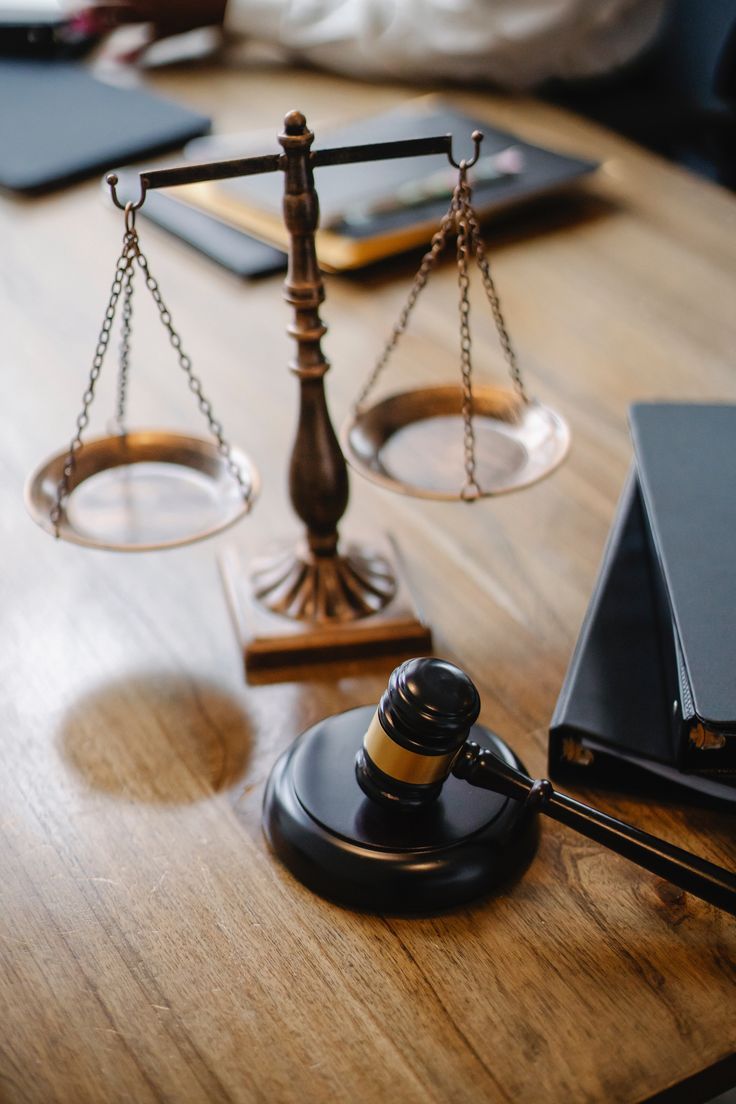Licensing and certification of products abroad
Entering international markets is a key step for Ukrainian companies to expand opportunities and increase business profitability. However, it is important to comply with all legal requirements of the chosen country, including product licensing and certification. The certification process ensures that goods meet international quality and safety standards, as well as the technical requirements of the importing country. Only products that meet safety, environmental and other technical standards can be sold on international markets. Professional legal support, such as legal review of documents by a lawyer, legal analysis of documents and legal opinion of a lawyer, will help businesses successfully complete all stages of certification, avoid risks and ensure that products comply with legal standards.
Importance of licensing and certification for export
Licensing and certification are mandatory steps for products that are planned for export. They confirm that the products comply with legal regulations and technical standards set at the international level or by the regulatory authorities of individual countries. Licensing and certification of products not only provide a legal basis for operations, but also strengthen brand confidence, increasing its competitiveness and reputation among consumers. In addition, certified products pass customs control faster and have an advantage in tenders, public procurement and among corporate clients.
- Strengthening competitive positions in the market. Licensing and certification demonstrate a high level of product safety and quality, which is a strong argument for consumers. In addition, certified products are easier to inspect and adapt to a new market.
- Access to tenders and public procurement. In many countries, product certification is a prerequisite for participation in tenders. Legal advice will help you understand what types of certificates are required to access public procurement.
- Protection against sanctions and fines. Failure to obtain the necessary certification or licensing can lead to heavy fines and blocking of goods at customs. Legal analysis of documents will help to avoid such risks, and a legal opinion of a lawyer will confirm the correctness of the prepared documents.
Main types of certification and licensing
Product certification can be of different types and is divided into mandatory and voluntary. The choice of a particular type of certification depends on the legislation of the country to which the product is to be exported, as well as on the characteristics of the product itself. Certain types of certification and licensing are mandatory to ensure the legal export of products.
- Mandatory certification. Many types of products require certification in accordance with the laws of the country that imports the product. Legal advice will help you find out what requirements exist in the chosen country for a particular product.
- Voluntary certification. This certification provides a competitive advantage and increases consumer confidence in products. It is not mandatory, but it can improve the reputation of a product in the market.
- Phytosanitary certificate. It is required for products of plant origin and confirms their compliance with environmental standards. Legal analysis of documents will help you find out whether this certificate is required in your situation.
- Certificate of conformity. Confirms that the products comply with the technical norms and standards of the importing country. It may be required for a wide range of products, including machinery, electronics and household goods.
Legal aspects of product certification
The certification process involves compliance with a number of legal requirements that may vary significantly depending on the importing country. An important step is to have the documents reviewed by a lawyer to ensure compliance with the requirements. Certification often requires legal support to prepare documents, negotiate terms and conditions with certification bodies, conduct necessary research and confirm compliance with the requirements of the importing country.
- Study the legislation of the importing country. Laws and certification requirements may vary significantly, so you should understand all regulatory requirements before starting to export. Legal advice will help to avoid misunderstandings in the certification process.
- Preparation of the necessary documents. Each country has a separate set of documents required for product certification. A legal analysis of the documents will ensure their compliance with the legal regulations of the chosen country.
- Coordination of conditions with certification bodies. It is necessary to work with accredited certification bodies that have the right to issue certificates. Legal support will help you to properly prepare documents for submission to these bodies.
Documents required for product licensing
For the licensing and certification of products abroad, it is necessary to prepare a package of documents confirming that the products comply with the standards of the importing country. This includes various quality certificates, technical documents and proof of origin. Legal analysis of the documents will help ensure that they are properly prepared and meet all the requirements.
- Quality certificates. They confirm that the products comply with safety and quality standards. A lawyer's review of the documents will make sure that all certificates are valid and meet the requirements of the country of export.
- Technical documents. Technical descriptions of products, user manuals and other documents containing technical data about the product. Legal advice will help you determine which documents are required for product certification in the chosen country.
- Documents of origin. They confirm that the products were manufactured in accordance with the standards of the country of origin and allow free circulation on the international market.
Key stages of certification and licensing
The product certification process involves several key stages, each of which can be a significant opportunity for legal support. This not only simplifies the process, but also minimises the risk of certification denial.
- Preparation and analysis of documents. The first stage involves collecting and preparing all the necessary documents. Legal analysis of documents will make sure that the package of documents meets all the legal requirements of the importing country.
- Conducting certification studies. Some products require laboratory testing to confirm compliance with quality and safety standards. An online legal consultation will help you resolve issues related to the preparation of products for these tests.
- Obtaining a certificate. After all the inspections, the product receives a certificate confirming its compliance with the standards. A legal opinion of a lawyer can confirm the correctness of all documents and protect your interests.
Question.
Can a certificate obtained in one country be used for export to another country?
Answer.
No, as a rule, a certificate issued in one country is not valid in another, as certification requirements may differ significantly. Some countries have agreements on mutual recognition of certificates, but in most cases, you need to be certified in accordance with the requirements of a particular country. A legal analysis of the situation and legal advice will help determine which documents need to be prepared for each market.
Verification of documents. Advocate will help you to check all the documents required for certification and licensing, which reduces the risk of rejection.
Online legal advice. The ability to quickly get legal assistance to resolve certification issues.
Legal analysis of documents. The lawyer will ensure that all documents comply with the requirements of the country of import.
Legal opinion of a lawyer. The lawyer's opinion will confirm the legality of the documents and the certification procedure.
Certification and licensing of products abroad are essential for successful entry into the international market. Legal support, such as legal advice, document review by a lawyer and a legal opinion from a lawyer, ensures that the certification process is correct and timely, which helps to avoid legal risks and achieve high quality standards. Engaging specialists to conduct legal analysis of documents will allow the company to focus on business development, ensuring compliance with all international requirements.



























